Who Do We Leave Behind When We Ignore the Body? Why Critical Neuroscientists and Mad Activists Must Work Together
Mad in America
MAY 2, 2024
Some neuroscientists argue that we should rather focus our efforts on the upstream social and structural factors, such as trauma and inequity , that create the conditions for mental health concerns to arise. A recent Neuroscience News article is titled “ Bipolar disorder can be detected with blood test. ”


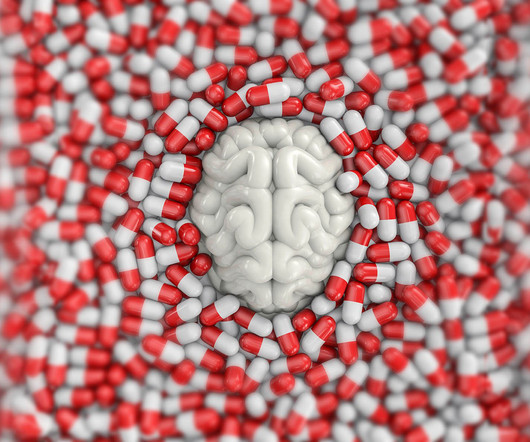
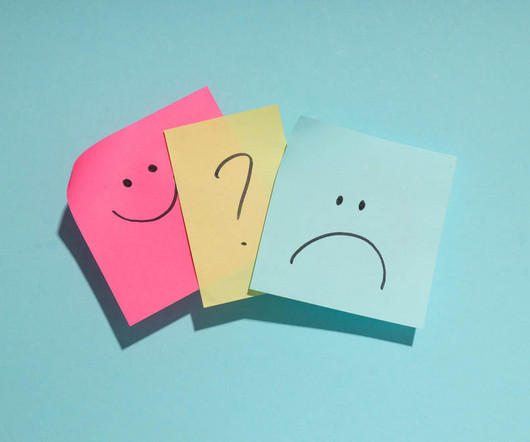

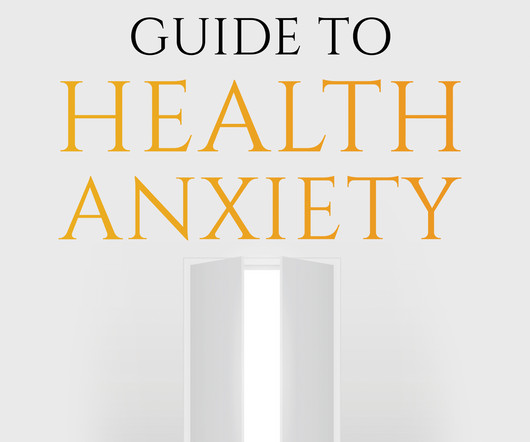
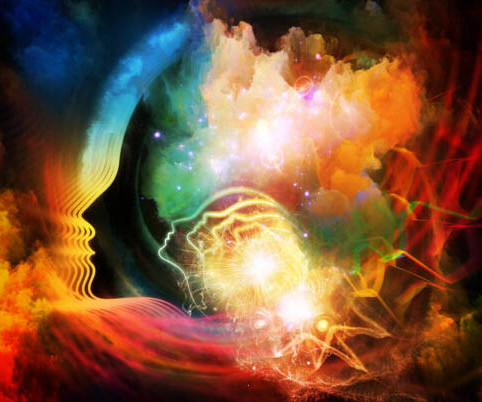
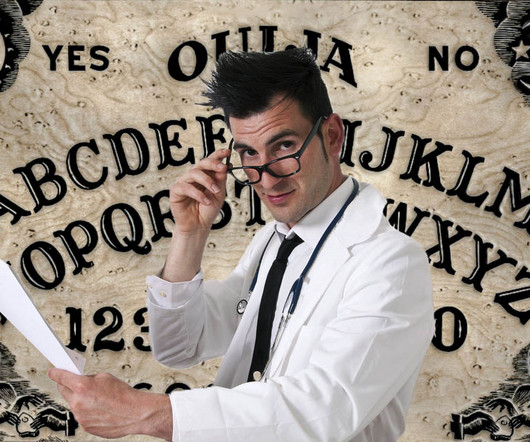


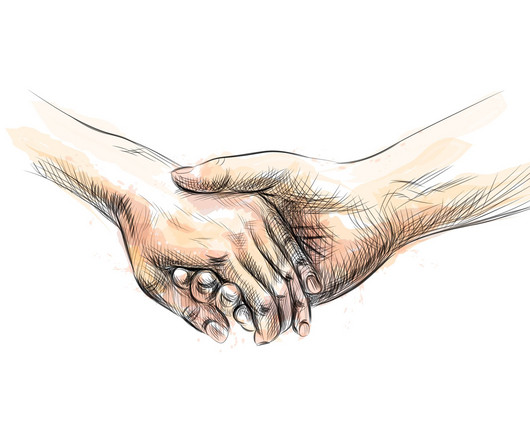







Let's personalize your content